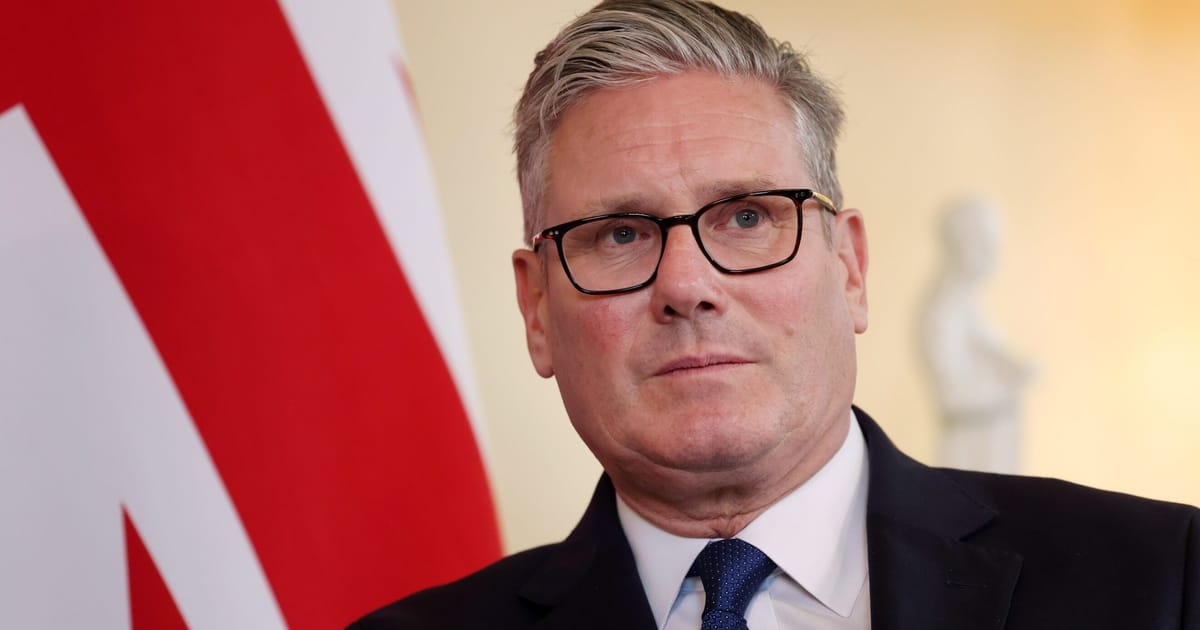

In recent global events, a series of crucial developments have unfolded across various regions, reflecting both the challenges and strides in international politics and conflict resolution. From ceasefire agreements in Southeast Asia to significant political movements in Europe and beyond, these stories provide a nuanced perspective on the current geopolitical landscape.
Thailand and Cambodia Reach Ceasefire
In a significant move to halt regional conflict, Thailand and Cambodia reached an “immediate and unconditional” ceasefire following talks in Malaysia. The decision came after severe clashes along their shared border resulted in the tragic loss of at least 38 lives and the displacement of over 300,000 individuals. This ceasefire is recognized as an essential step toward stabilizing the region and rejuvenating diplomatic relations between the neighboring countries, which have experienced their most substantial conflict in over a decade. Malaysian Prime Minister’s involvement in facilitating this agreement underscores the spirit of cooperation and conflict resolution in Southeast Asia.
Diplomatic Efforts for Palestinian Statehood
Attention also turns to the Middle East, where Saudi Arabia and France are spearheading a United Nations conference aimed at recognizing Palestinian statehood. This initiative is part of broader efforts to end ongoing conflict in Gaza and pursue a peaceful two-state solution. The conference comes shortly after French President Emmanuel Macron announced France’s intent to recognize the Palestinian government, signaling hope to reinvigorate peace talks disrupted by hostilities since 2023. The collaboration between France and Saudi Arabia in this diplomatic effort highlights the international community’s commitment to addressing longstanding issues in the region.
Keir Starmer’s Balanced Approach
In the UK, Labour Party leader Keir Starmer finds himself navigating a delicate balance regarding international conflicts, particularly in Gaza. Starmer’s cautious approach has emerged from a desire to maintain a strategic and thoughtful stance amidst complex geopolitical realities. His rejection of “gesture politics” reflects a focus on long-term diplomatic solutions rather than immediate symbolic gestures. However, this approach has also created concerns among his backbenchers, who fear potential repercussions from electorates critical of Labour’s stand on recognizing Palestinian statehood. Starmer’s position illustrates the challenging dynamics political leaders face when aligning domestic policies with international relations.
Challenges in Ukraine
Meanwhile, in Ukraine, President Volodymyr Zelenskyy is witnessing growing protests against his government, reflecting mounting public dissatisfaction. A recent decline in popularity has prompted attempts to consolidate power, often by tightening controls over anti-corruption agencies. However, these measures have sparked criticism and unrest, as patience among citizens wears thin. The situation signifies a pivotal moment for Ukrainian leadership amid calls for transparency and reform, highlighting the intricate relationship between governance and public trust in times of political transition.
New Zealand’s Electoral Reform Debate
Across the globe in New Zealand, a controversial electoral reform proposed by Prime Minister Christopher Luxon’s government has initiated discussion and concern. The reform package includes changes such as closing voter enrolment earlier and reinstating a total ban on prisoner voting, supported by the rationale of modernizing outdated laws. However, New Zealand’s Attorney General has raised warnings that these measures could lead to human rights violations and disenfranchise significant sections of the populace, particularly the Māori community. This debate underscores the delicate balance between reforming institutions and preserving equitable citizen participation in democratic processes.
Each of these stories, while situated in diverse geographical and political contexts, echoes a common theme of striving toward resolution and cooperation amidst challenges. Whether through peace negotiations, diplomatic dialogue, or political discourse, they reflect ongoing global efforts in pursuit of stability, justice, and equitable governance. As these narratives continue to evolve, the international community watches closely, hopeful for positive outcomes and lasting peace.
Source: {link}
